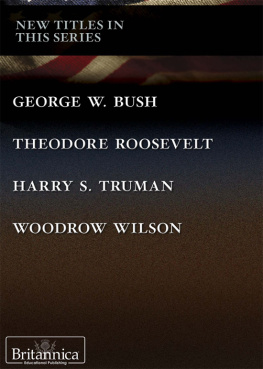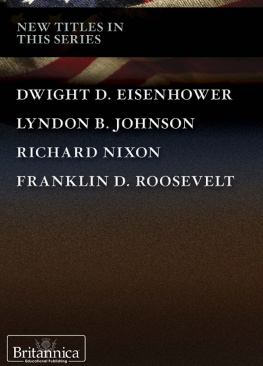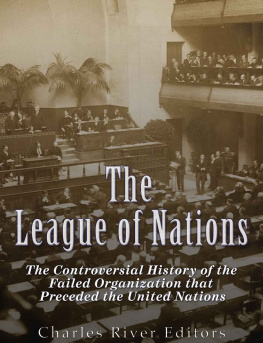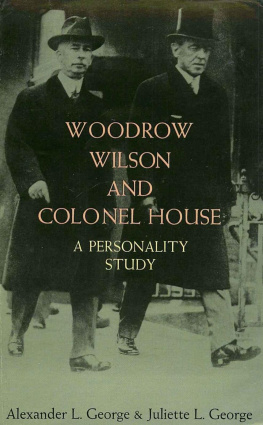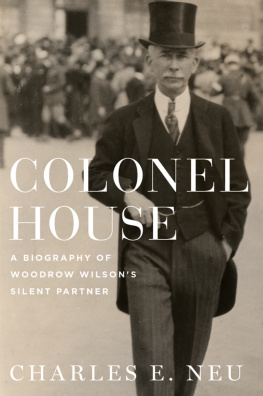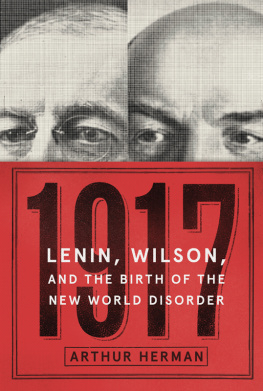

Published in 2018 by Britannica Educational Publishing (a trademark of Encyclopdia Britannica, Inc.) in association with The Rosen Publishing Group, Inc.
29 East 21st Street, New York, NY 10010
Copyright 2018 by Encyclopdia Britannica, Inc. Britannica, Encyclopdia Britannica, and the Thistle logo are registered trademarks of Encyclopdia Britannica, Inc. All rights reserved.
Rosen Publishing materials copyright 2018 The Rosen Publishing Group, Inc. All rights reserved.
Distributed exclusively by Rosen Publishing.
To see additional Britannica Educational Publishing titles, go to rosenpublishing.com.
First Edition
Britannica Educational Publishing
J.E. Luebering: Executive Director, Core Editorial
Andrea R. Field: Managing Editor, Comptons by Britannica
Rosen Publishing
Kathy Kuhtz Campbell: Senior Editor
Nelson S: Art Director
Brian Garvey: Series Designer
Alison Hird: Book Layout
Cindy Reiman: Photography Manager
Bruce Donnola: Photo Researcher
Supplementary material by Lorena Huddle
Library of Congress Cataloging-in-Publication Data
Names: Huddle, Lorena, editor.
Title: Woodrow Wilson / editor, Lorena Huddle.
Description: New York: Britannica Educational Publishing, in Association with Rosen Educational Services, [2018] | Series: Pivotal Presidents: profiles in leadership | Includes bibliographical references and index. | Audience: Grades 712.
Identifiers: LCCN 2016053925 | ISBN 9781680486360 (eBook)
Subjects: LCSH: Wilson, Woodrow, 18561924Juvenile literature. | PresidentsUnited StatesBiographyJuvenile literature. | United StatesPolitics and government,19131921Juvenile literature.
Classification: LCC E767 .W875 2017 | DDC 973.91/3092 [B] dc23
LC record available at https://lccn.loc.gov/2016053925
Manufactured in the United States of America
Photo credits: Cover, p. 3 (portrait) Stock Montage/Archive Photos/Getty Images; cover, p. 3 (background) Leemage/Universal Images Group/Getty Images; cover, pp. 1, 3 (flag) iStockphoto.com/spxChrome; p. 6 ullstein bild/Getty Images; p. 13 Ian Dagnall/Alamy Stock Photo; pp. 14, 17, 38, 54, 60 Library of Congress Prints and Photographs Division; p. 18 Library of Congress, Washington, D.C. (cph 3c30978); p. 21 Photos.com/Thinkstock; p. 23 PhotoQuest/Archive Photos/Getty Images; p. 25 Education Images/Universal Images Group/Getty Images; p. 29 Library of Congress/Corbis Historical/Getty Images; pp. 32, 55 Encyclopdia Britannica, Inc.; p. 33 Library of Congress, Washington, D.C. (cph 3a16546); p. 37 (top) Herbert Orth/The LIFE Picture Collection/Getty Images (detail); p. 37 (bottom) Robynrg/Shutterstock.com; p. 39 Center for Legislative Archives, National Archives, Washington, D.C.; p. 42 Time Life Pictures/The LIFE Picture Collection/Getty Images; pp. 45, 52 MPI/Archive Photos/Getty Images; p. 48 Americana/Encyclopdia Britannica, Inc.; p. 50 Library of Congress, Washington, D.C. (LC-USZC4-10297); p. 51 Library of Congress Manuscript Division; p. 58 De Agostini Picture Library/Getty Images; p. 63 Everett Historical/Shutterstock.com; p. 65 Andia/Universal Images Group/Getty Images; interior pages flag Fedorov Oleksiy/Shutterstock.com.
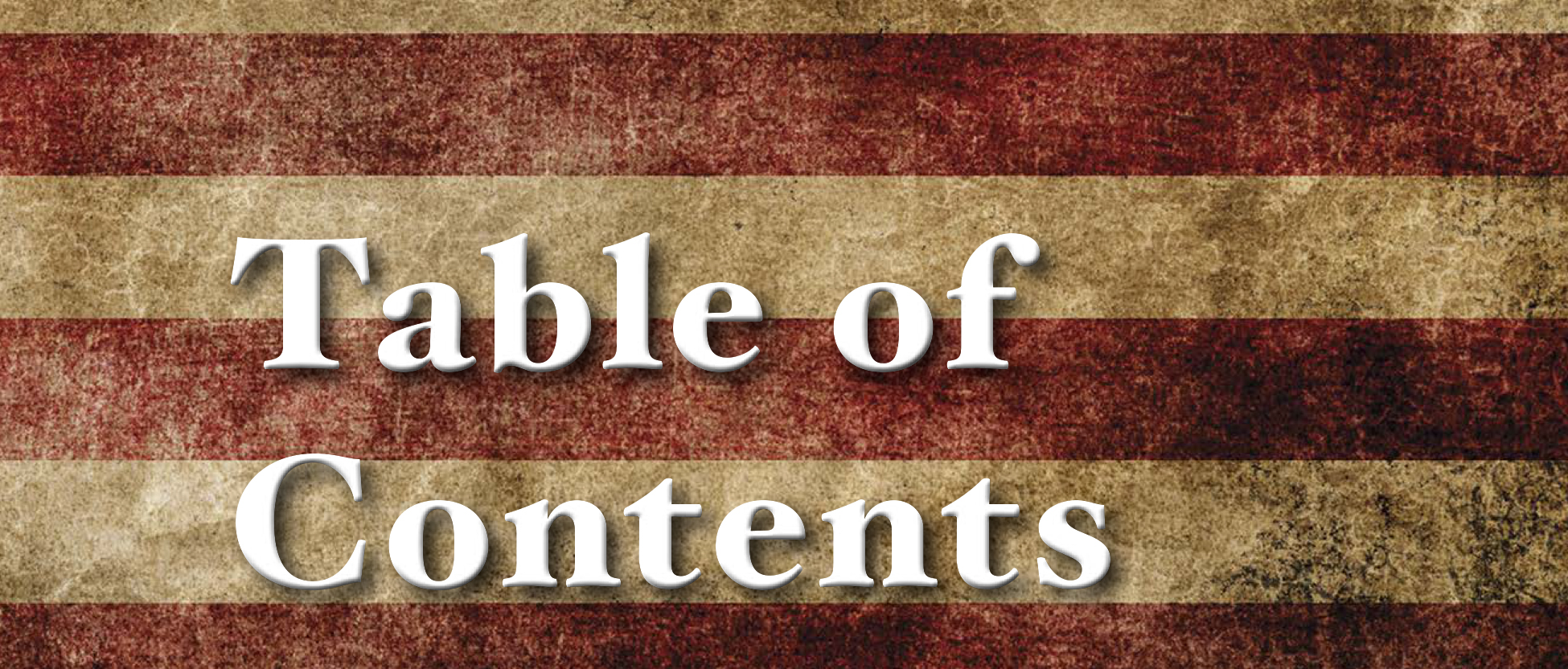
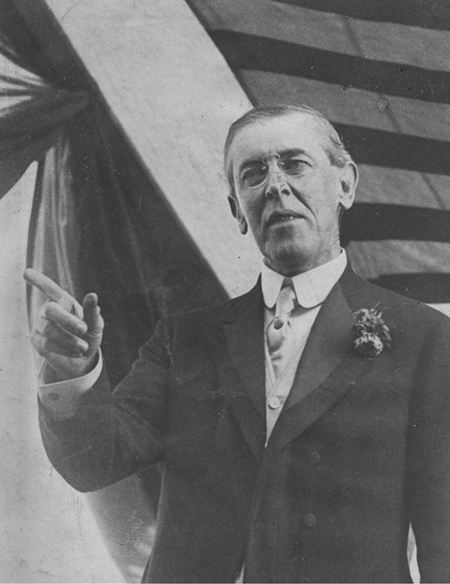
Woodrow Wilson, the twenty-eighth president of the United States, is best remembered for his legislative achievements and his leadership during World War I.
D uring World War I, in one of the most ambitious speeches in modern history, US President Woodrow Wilson attempted to rally the people of the world in a movement for a peace settlement that would remove the causes of future wars and establish an organization to maintain peace. In an address to the US Senate on January 22, 1917, he called for a peace without victory to be enforced by a league of nations that the United States would join and strongly support. He spoke again of this idea in his war message, adding that the United States wanted above all else to make the world safe for democracy. When he failed to persuade the British and French leaders to join him in issuing a common statement of war aims, he went to Congress on January 8, 1918, to make, in his Fourteen Points address, his definitive declaration to the American people and the world.
In his general points Wilson demanded an end to the old diplomacy that had led to wars in the past. He proposed open diplomacy instead of entangling alliances, and he called for freedom of the seas, an impartial settlement of colonial claims, arms reduction, removal of artificial trade barriers, and, most important, a league of nations to promote peace and protect the territorial integrity and independence of its members. A breathtaking declaration, the Fourteen Points gave new hope to millions of liberals and moderate socialists who were fighting for a new international order based on peace and justice.
Determined to keep these points, Wilson made the controversial decision to go in person to the Paris Peace Conference, where he spent seven months in wearying, often angry negotiations with the British, French, and Italians. The final product, the Treaty of Versailles, was signed on June 28, 1919. Although the treaty fell short of Wilsons vision, it did provide for the creation of the League of Nations, which he believed would adjust international differences and maintain peace.
Wilson returned to the United States from the peace conference exhausted and in failing health. Republican senators sought either to reject the treaty or to attach reservations that would gravely limit Americas commitments to the League of Nations. After two months of frustrating talks with senators, Wilson took his case to the people in September 1919 in the hope of shaping public opinion on this very important issue of the day. A master of the English language and public oratory, he threw himself into a whirlwind cross-country tour, giving thirty-nine speeches in three weeks.
The strain, both mental and physical, was too much for him. Wilson had a near breakdown on September 25, after which his doctor canceled the rest of the tour and rushed him back to Washington, DC. On October 2, 1910, Wilson suffered a massive stroke that left him partially paralyzed on his left side. His intellectual capacity was not affected, but his emotional balance and judgment were badly impaired. Although he gradually recovered from the worst effects of the stroke, Wilson never again fully functioned as president.
The peace treaty was defeated in the Senate. Wilson demanded that Democratic senators spurn all efforts at compromise with the Republicans. Twice the Treaty of Versailles failed to gain the two-thirds vote necessary for ratification. The United States never joined the League of Nations.
More than twenty years later, during World War II (193945), Wilsons reputation soared, as he came to be regarded as a wrongly unheeded prophet whose policies would have prevented world calamity. Today the United Nations and collective security pacts are viewed as fulfillment of Wilsons internationalist vision.
Wilson was probably the only president who was a brilliant student and teacher as well as a statesman. Readers of this volume will learn that Wilson was a college professor, president of Princeton University, and author of books on American government. He was also governor of New Jersey. He worked out his political beliefs in the classroom. Then he entered politics to put his theories of government into practice.

